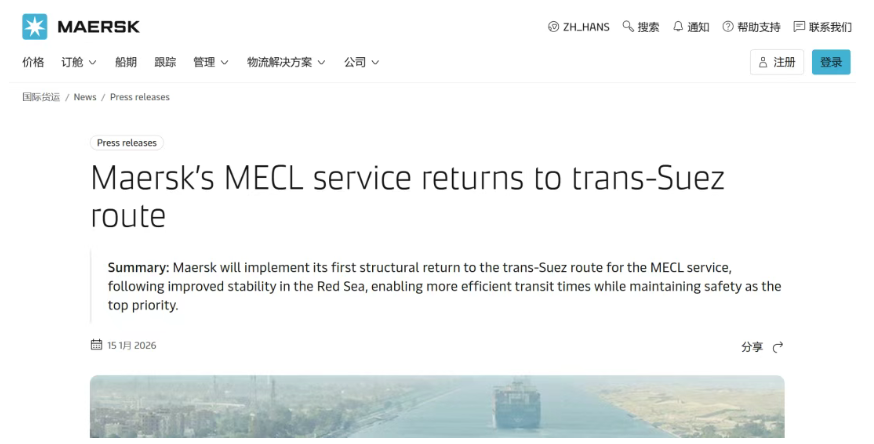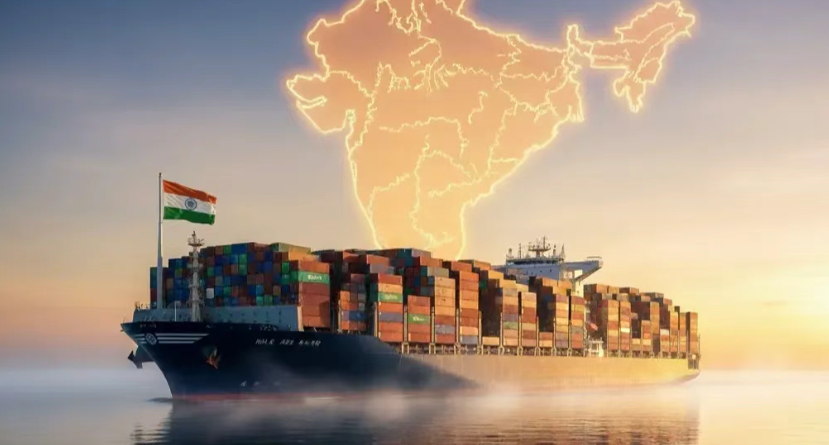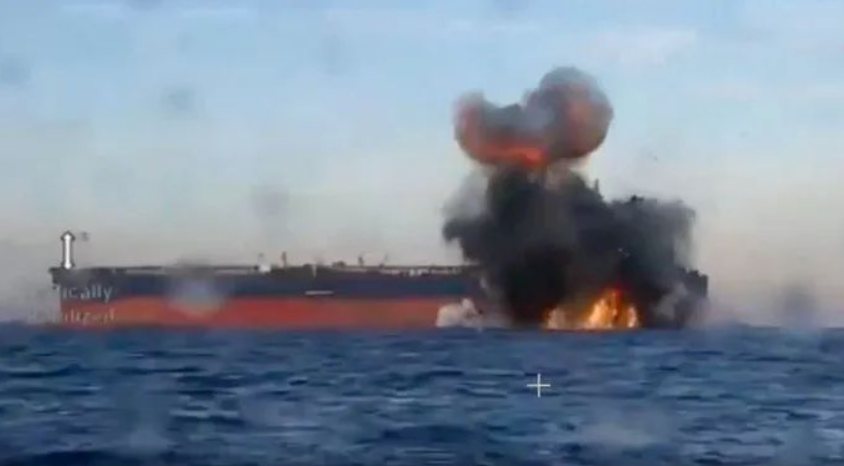A comprehensively human approach that takes account of the training and social and wellbeing needs of seafarers is the foundation for shipping's safe transition to the sustainable future, writes Luis Benito, Business Development & Marketing Director, Wallem Group.

Luis Benito, Business Development & Marketing Director, Wallem Group
Over its 122 years of continuous operation, Wallem has evolved from a traditional ship manager into a provider of a broad portfolio of maritime services – including commercial and advisory services, ship agency, and Vessel IT Security and Management Services.Nevertheless, as the foundation of everything we do, our crew strategy aligns with what our shipowners value most: safety, operational excellence, and quality service.
Today, Wallem must demonstrate that its hard-won reputation for safety excellence is reflected in its strategy to enable our industry's transition to a new generation of fuels.
Whether operating conventionally fuelled tankers, running dual-fuel car carriers on LNG, or preparing for biofuel or ammonia propulsion, Wallem's focus must be on ensuring that crews are safe, qualified, prepared, efficient and fully conversant with our clients' commercial operation needs.
Wallem is therefore investing not only in new technology, but also in the people who will be expected to operate it, based on the conviction that a comprehensively "human approach" is the most effective way of embedding a safety culture.
After all, while the right technical training is essential, attitudes to upholding safety standards benefit when seafarers know they are being listened to and can expect career development, family engagement, accessible connectivity and support with mental wellbeing.
From the technical perspective, Wallem aims to prepare ahead of clients' needs. In 2022, we began classroom training for LNG-fuelled operations, expanding into onboard sessions the following year when we also initiated training for methanol. Earlier this year, Wallem published a best practice guide for biofuel use, while we have also started certification for ammonia.
In short, Wallem is preparing our crews for safe operation of all likely future ship fuels.
But new fuels are only one aspect of the technical challenges facing shipping. Last year, of 44,000 hours of technical training undertaken by Wallem crew, 10,000 hours was taken up by digital platform instruction, while 1,100 hours was dedicated to cybersecurity.
Furthermore, for Wallem, the broader topic of building seafarers' resilience is a priority: having the ability to withstand difficulty and recover quickly in unpredictable environments is critical.
Every ship under our management carries a Mental Health Wellbeing Champion to prevent isolation and stress escalating, and 26 First Aiders are embedded across the fleet. Furthermore, Wallem delivered more than 7,000 hours of wellbeing training as part of our WELLNESS@SEA programme in 2024 - including 450 hours dedicated to diversity and inclusion.
As noted, career opportunities can also be a key influence on attitudes and levels of commitment. And, at Wallem, many cadets have risen to become Masters, Chief Engineers, and even shore-based Directors in technical and safety roles. We take understandable pride in the fact that our continuous personal and professional improvement translates to loyalty – with the seafarer retention rate at Wallem achieving 97%.
As part of our efforts to let seafarers co-shape future services, Wallem also holds annual Officers and Ratings Meetings across different regions, including China, India, Indonesia, Philippines and Eastern Europe, to foster collaboration between crews, executives, and shore staff. We are focusing on Indonesia as a growth market for crewing and clients alike.
When seafarers are onboard ship, Wallem also offers support to their families through its Women of Wallem (WoW) scheme - which offers practical help and social connection while they are away on long voyages.
Investment in seafarers also delivers on a broader mission: to serve society. As the world becomes more dependent on maritime trade, the resilience and wellbeing of those who move goods across oceans becomes everyone's concern.
The maritime industry is changing fast through digitalisation and decarbonisation, but as a 122-year-old organisation, Wallem has shown how it can adapt by continuing to put people first. We do so based on the firm belief that the performance, efficiency and safety of ships of the future will only be as good as the seafarers who sail them.
by Luis Benito, Business Development & Marketing Director, Wallem Group
The opinions expressed herein are the author's and not necessarily those of The Xinde Marine News.
Please Contact Us at:
media@xindemarine.com






